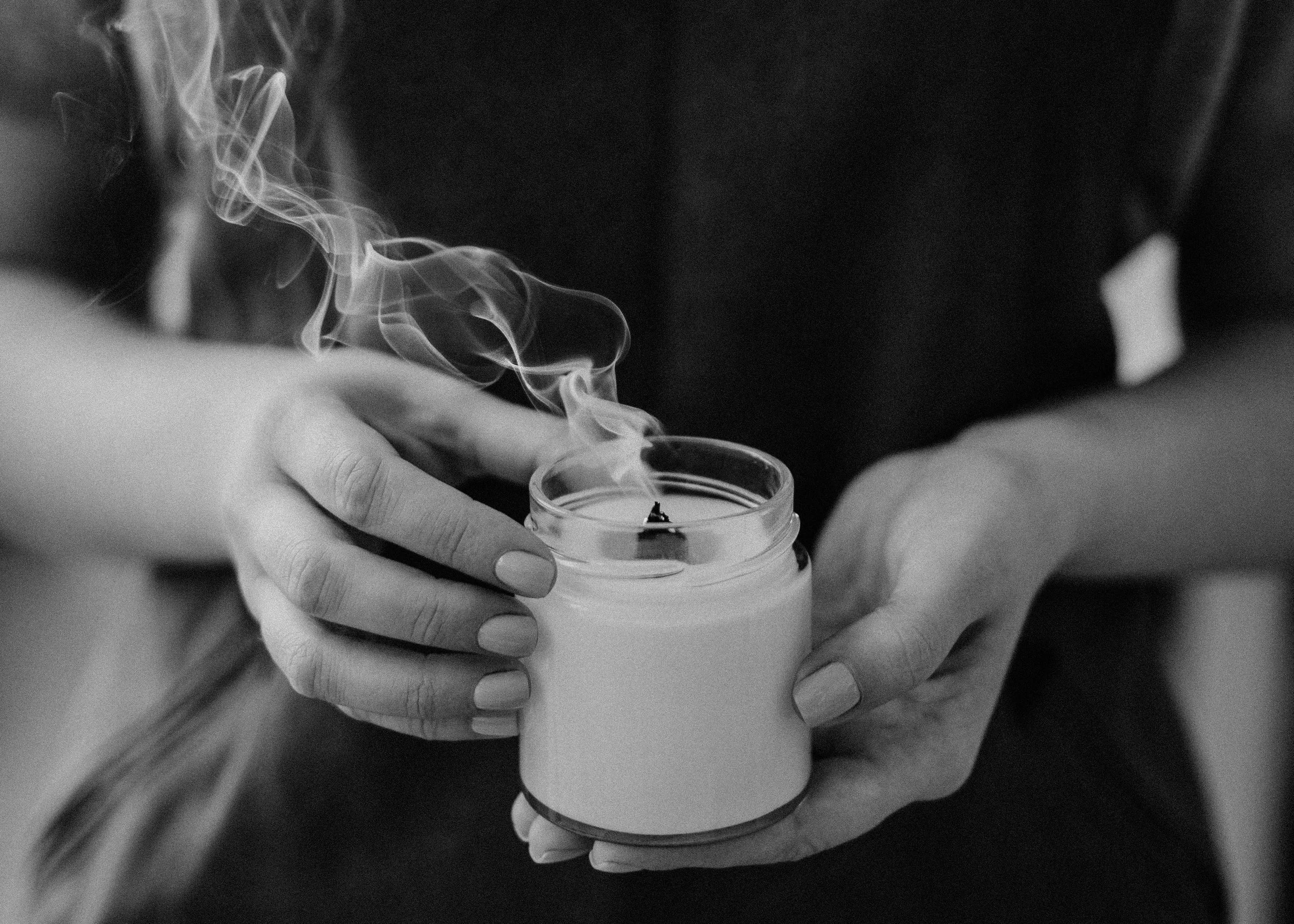Burnout in Women: You’re Not Lazy, Just Exhausted
Have you ever looked around at the dishes piling up, the unread emails, or the endless to-do list and thought, “Why can’t I just get it together?”
I want you to know: You’re not lazy, and you’re not broken. You’re likely burnt out, and there are good reasons why.
So many women blame themselves when they can’t keep up with the impossible demands of daily life. They label themselves as “unmotivated” or “not good enough” simply because they’re exhausted. But the truth is, we live in a world that moves at an overwhelming pace, and women often carry an invisible mental load on top of everything else.
Even when you try to rest, your mind keeps spinning. You’re running through the things you “should” be doing, feeling guilty for not doing more. This pattern doesn’t mean you’re failing. It means you’ve been doing too much for too long without enough support, rest, or boundaries. Burnout isn’t a personal flaw. It’s a signal that something needs to change, not that you need to be more or better.
Signs of Burnout
Burnout doesn’t always look like collapsing in exhaustion or breaking down in tears (though sometimes it does). It can look like:
Constant tiredness, no matter how much you sleep
Feeling overwhelmed by even small tasks
Mood swings, irritability, or numbness
Difficulty concentrating or making decisions
Distancing yourself from friends and activities you used to enjoy
Feeling guilty for needing rest or help
The Shame Spiral of “Laziness”
When exhaustion takes over, it’s easy to fall into a shame spiral. Have you ever had thoughts like:
“Everyone else seems to be able to handle it.”
“If only I were stronger, more disciplined, or less emotional.”
“Why can’t I just push through?”
These thoughts are common, but they’re also misleading. They make you feel like your burnout is your fault, when really, they’re just signs your body and mind are overwhelmed. The truth is, you’re doing the best you can with the energy you have left.
You’re Not Lazy. You’re in Survival Mode.
Burnout is your body’s way of telling you that it’s time to slow down. When your nervous system is overwhelmed, it can’t operate at full capacity. And these aren’t signs of weakness. It’s part of being human.
3 Tips for Managing Burnout
Recovery doesn’t happen overnight, but these steps can help you start:
Give yourself permission to rest, without guilt or conditions. Rest is not a reward, it’s a necessity. Put rest on your to-do list. Schedule it.
Set boundaries around what you can reasonably handle. Say no when you need to.
Recognize and reframe your thoughts. Notice when you’re saying things like, “I’m lazy,” and practice showing yourself grace.
Reach out for support. Whether that’s a trusted friend, therapist, or support group. You don’t have to do this alone.
Final Thoughts
Burnout is not a reflection of your worth or capability. It’s a signal that your current pace and demands are unsustainable. You’re not lazy, broken, or failing. You’re human.
If you’re ready to heal from exhaustion and learn to set healthier boundaries, you don’t have to go through it alone. Healing from burnout means reconnecting with your needs, setting boundaries, and learning how to care for yourself. I’d be happy to support you. Ready to get started? Schedule a free consultation.
Michaela Zoppa is a Licensed Professional Counselor (LPC) in Colorado Springs, Colorado. She supports women and teen girls navigating anxiety, perfectionism, trauma, and burnout. She uses evidence-based, trauma-informed modalities, including EMDR and Internal Family Systems (IFS) therapy.







IFS therapy helps you understand the different “parts” within you—like the perfectionist, the people-pleaser, or the inner critic—and build a compassionate relationship with them. This post explains what parts are, how they develop, and how IFS can support healing from anxiety, trauma, and burnout.